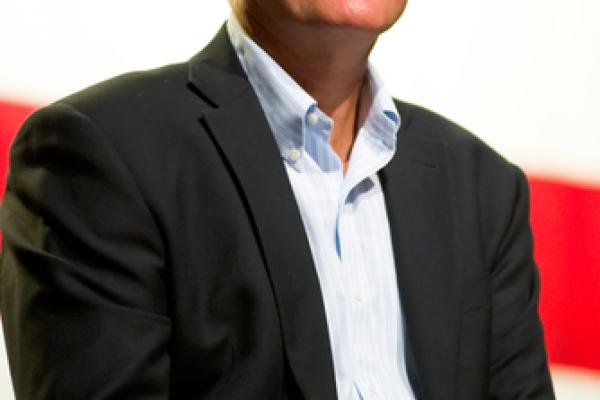WASHINGTON -- With Rick Santorum’s exit from the White House race, Mitt Romney stands on the cusp of history as the first Mormon to appear at the top of a major party ticket in a general presidential election. Romney, a Brigham Young University-educated, Mormon-family scion and beloved Utah figure, is now the inevitable Republican nominee and will take on President Obama this fall.
The news is sure to bring a surge of excitement unseen in Utah since Romney led the triumphant 2002 Winter Olympics in Salt Lake City and helped usher the state — and the Mormon Church — onto the world stage.
“Romney has family here, he’s lived here, he’s worked here, he went to school here,” says Rep. Jason Chaffetz, a Utah Republican who has campaigned this year with the former Massachusetts governor. “It feels like he’s one of us.”
Read the Full Article

